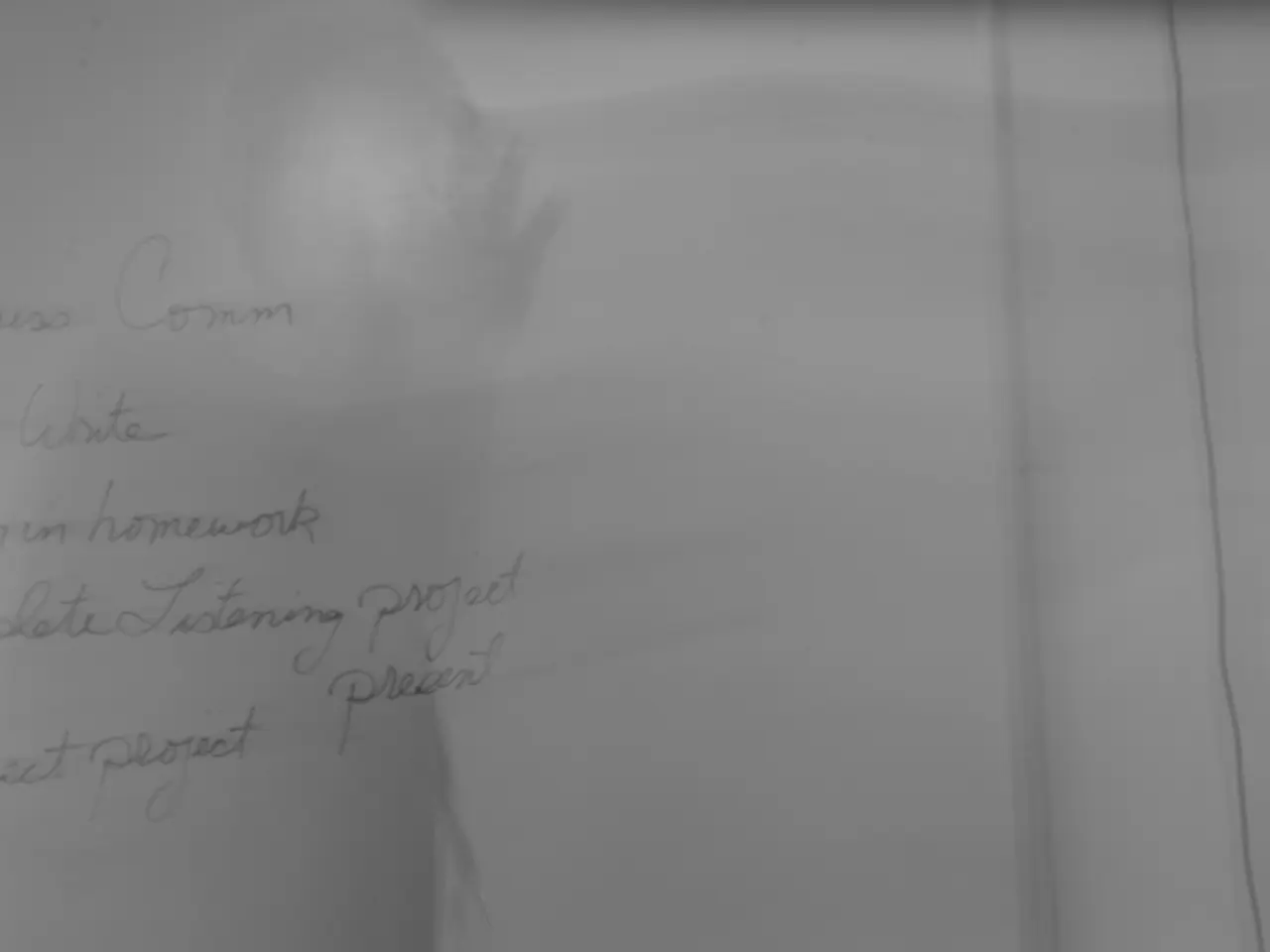Strict regulations and increased taxation in the Dutch gambling sector are significantly reducing revenue.
The Dutch gambling market, once promising, is facing a significant setback as the country's gambling tax revenue for 2025 is expected to fall short of expectations. This decline is largely due to the increase in tax rates and stricter regulatory restrictions, which have led to a decrease in gambling activity and revenue.
According to figures notarised by VNLOK, a sector organization representing around 70% of the online gambling market in the Netherlands, the tax revenue from gambling operators is currently at 83% of last year's level. This shortfall, amounting to approximately €200 million, is a result of the 25% drop in gross gaming revenue (GGR) in the first half of 2025, following a tax hike from 30.5% to 34.2% in January 2025.
The higher tax rates and stricter regulatory restrictions, such as bans on TV advertising and sports sponsorships, mandatory deposit and spending limits, have likely pushed some gamblers towards illegal or unregulated markets, reducing taxable gambling revenue. Chairman Björn Fuchs of VNLOK warned that this combination of restrictions and high taxes in the Dutch market is having a counterproductive effect.
The Dutch government had planned to raise €100m more this year and €200m annually from 2026 with these increases, but the revenue targets will not be met. Secretary of Legal Protection Teun Struycken recently called for a coordinated European crackdown on unlicensed gambling websites, labelling them "international criminal organizations."
In the land-based gambling sector, including casinos and slot arcades, revenue has also decreased. A KPMG analysis commissioned by trade association VAN Kansspelen found a 7% decrease in turnover compared to last year in this sector. Higher spending players seem to eschew legal providers, with nearly half of the country's online gambling revenue going to unlicensed operators, as reported earlier this year by the Netherlands Gambling Authority (KSA).
Regulated offerings in the Dutch market are becoming less appealing to customers due to the current market conditions. Chairman Fuchs argues that these layers of regulation undermine the effectiveness of the legal framework. Despite the increased tax rate, operators in the Dutch market are forced to reduce bonuses and payout rates to maintain profitability under the higher tax burden.
The gambling tax rate is set to increase from 34.2% in 2025 to 37.8% in 2026. If current trends continue, gambling tax revenue for 2025 is expected to fall to approximately €800m, down from a record €1bn in 2024. The government's intention to increase gambling tax income through higher rates and tighter regulations has adversely impacted gambling participation and operators' revenues, undermining total tax revenue collections.
- The Dutch online gambling market, represented by roughly 70% by VNLOK, has seen a 25% drop in gross gaming revenue (GGR) this year, leading to a tax revenue shortfall of approximately €200 million, as a result of increased tax rates and stricter regulatory restrictions.
- Chairman Björn Fuchs of VNLOK has warned that the strict regulations and high taxes in the Dutch market are having a counterproductive effect, potentially pushing gamblers towards illegal or unregulated markets.
- A KPMG analysis commissioned by trade association VAN Kansspelen found a 7% decrease in turnover compared to last year in the land-based gambling sector, including casinos and slot arcades.
- In the personal-finance sector, nearly half of the country's online gambling revenue is going to unlicensed operators, as reported earlier this year by the Netherlands Gambling Authority (KSA).
- The government's plan to raise more gambling tax revenue through higher rates and tighter regulations has adversely impacted gambling participation and operators' revenues, leading to a potential fall in gambling tax revenue for 2025 to approximately €800 million, down from a record €1 billion in 2024.




